Autistic Girls’ Use of Language May Mask Social Difficulties
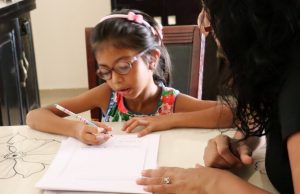 A study on autism’s gender differences, published in the journal Molecular Autism, focused on the language that autistic girls and boys used during semi-structured interviews by exploring social word use. When comparing autistic girls and boys between the ages of 6 and 15 with similar IQs and levels of autism, girls were shown to use far more social words—that is, words that make reference to other people, including family and friends—than their male counterparts. Read more ›
A study on autism’s gender differences, published in the journal Molecular Autism, focused on the language that autistic girls and boys used during semi-structured interviews by exploring social word use. When comparing autistic girls and boys between the ages of 6 and 15 with similar IQs and levels of autism, girls were shown to use far more social words—that is, words that make reference to other people, including family and friends—than their male counterparts. Read more ›
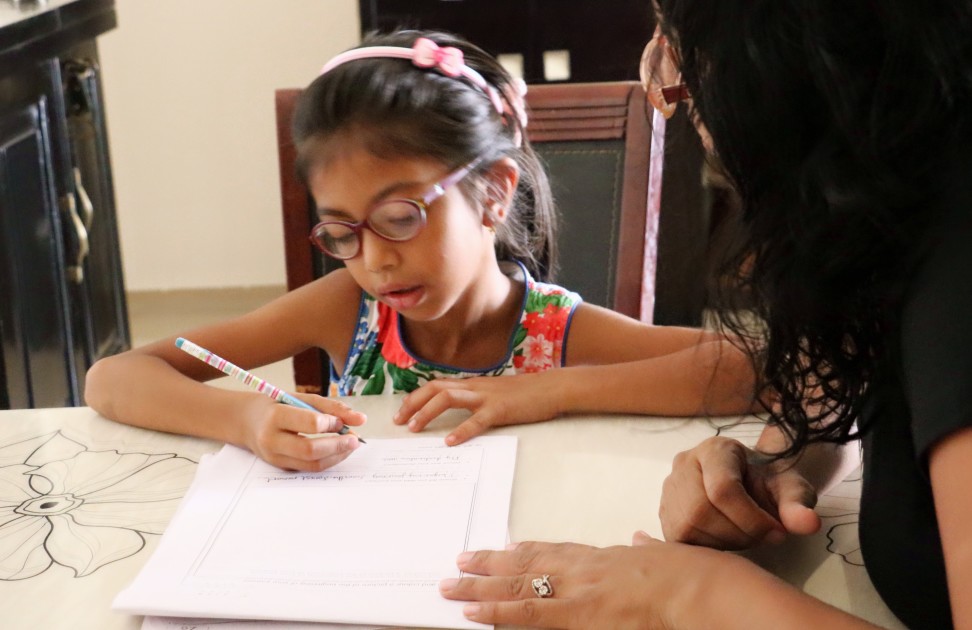


 We receive lots of questions from parents about evaluations: Does my child need one? Or should we just start treatment? An evaluation by a psychologist or a multidisciplinary team can be a valuable tool in understanding your child’s strengths and weaknesses and provide a roadmap for next steps. It can reveal whether what seems like distraction, laziness or reluctance could actually be a sign of mental health or learning challenges.
We receive lots of questions from parents about evaluations: Does my child need one? Or should we just start treatment? An evaluation by a psychologist or a multidisciplinary team can be a valuable tool in understanding your child’s strengths and weaknesses and provide a roadmap for next steps. It can reveal whether what seems like distraction, laziness or reluctance could actually be a sign of mental health or learning challenges. 

 A lack of socialization over the past two years has a lot of parents worried about their children’s language development. In fact, one of the most viewed articles in our online Resource Library right now focuses on speech delays in young children during COVID. How do we know when our kids should be progressing from first words to full sentences? Have masks and social distancing affected typical language development? Where should we turn if we’re concerned?
A lack of socialization over the past two years has a lot of parents worried about their children’s language development. In fact, one of the most viewed articles in our online Resource Library right now focuses on speech delays in young children during COVID. How do we know when our kids should be progressing from first words to full sentences? Have masks and social distancing affected typical language development? Where should we turn if we’re concerned? 
 During a child’s first few years of life, they are rapidly developing communication skills. Whether by smiling, cooing and babbling, pointing and gesturing, or saying their first words, children express themselves from birth. Some families wonder whether continuous use of face masks by daycare providers, preschool teachers, and other adults may negatively affect their child’s speech and language development.
During a child’s first few years of life, they are rapidly developing communication skills. Whether by smiling, cooing and babbling, pointing and gesturing, or saying their first words, children express themselves from birth. Some families wonder whether continuous use of face masks by daycare providers, preschool teachers, and other adults may negatively affect their child’s speech and language development. 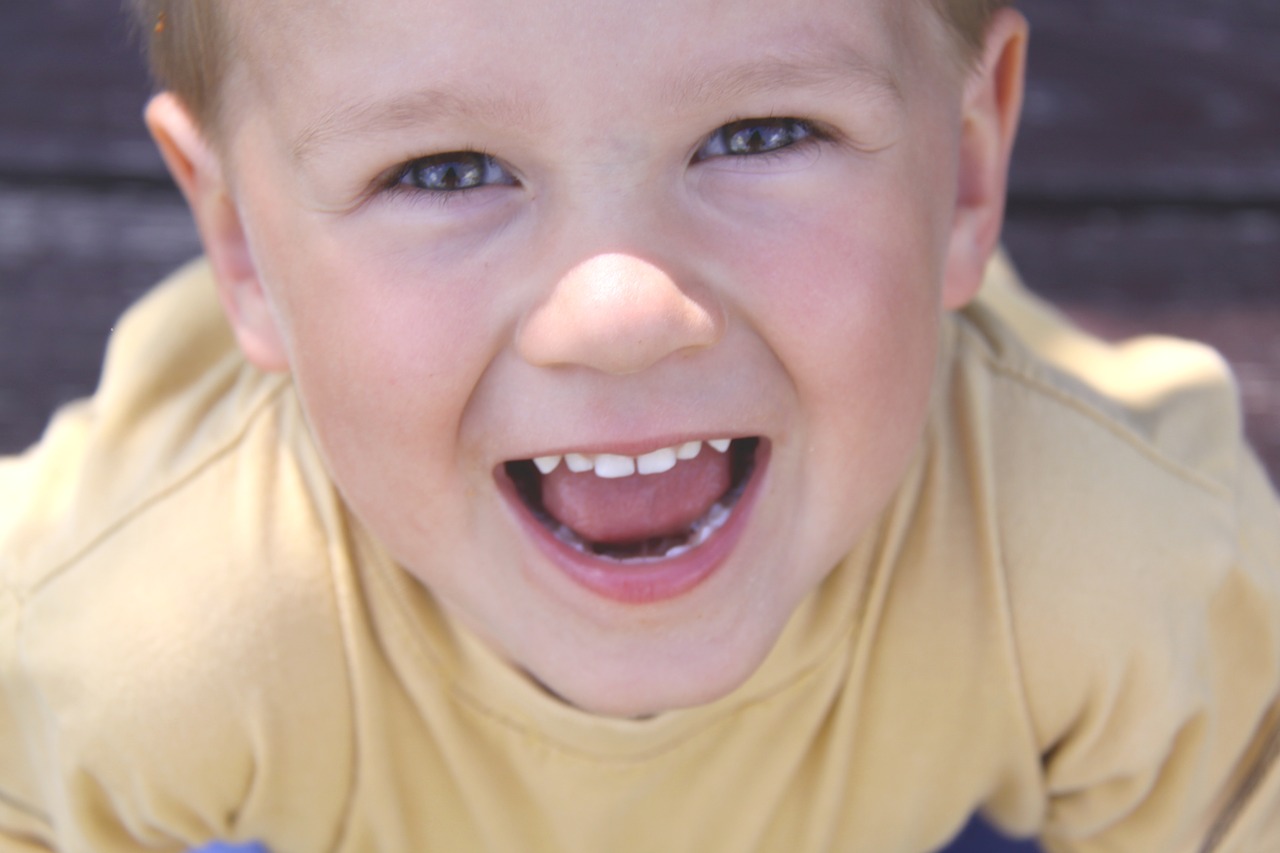
 Because of the pandemic, many kids that should have started preschool in the fall are now at home. While it’s a great opportunity to spend extra time with family, kids risk losing some of the language development that they get from being around their peers.
Because of the pandemic, many kids that should have started preschool in the fall are now at home. While it’s a great opportunity to spend extra time with family, kids risk losing some of the language development that they get from being around their peers. 
 Have lockdown and other COVID-19 measures affected how children acquire the speech and language skills so vital to their academic and social development? And if children’s speech has been held back, what can parents do about it?
Have lockdown and other COVID-19 measures affected how children acquire the speech and language skills so vital to their academic and social development? And if children’s speech has been held back, what can parents do about it? 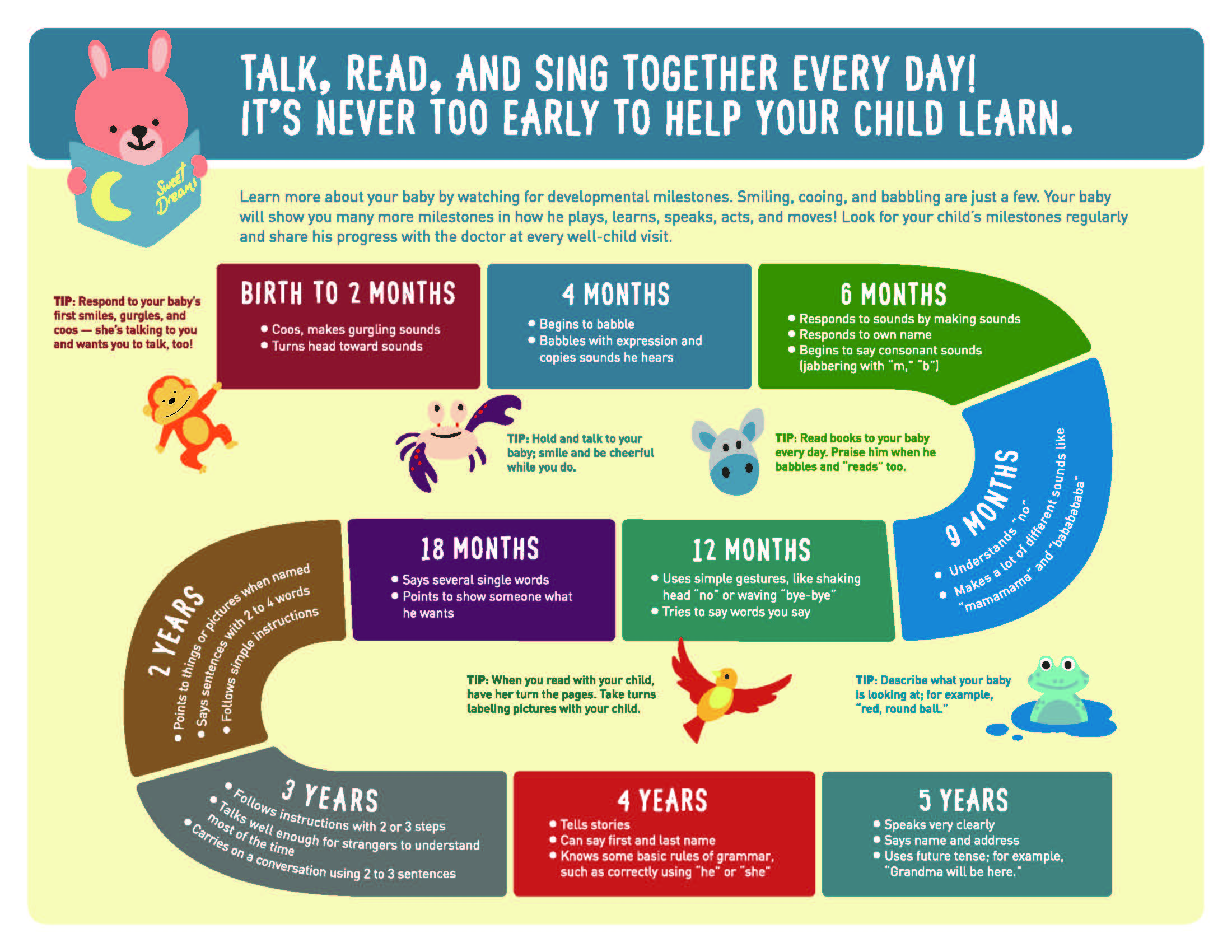
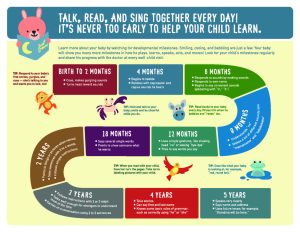 Research has found that providing children from birth to five with consistent, language-rich experiences – such as talking, reading, and singing – can have important benefits on their brain development and future school success.
Research has found that providing children from birth to five with consistent, language-rich experiences – such as talking, reading, and singing – can have important benefits on their brain development and future school success. 
 As a parent, you know your child best. If your child is not meeting the milestones for his or her age, or if you think there could be a problem with the way your child plays, learns, speaks, acts, and moves talk to your child’s doctor and share your concerns. Don’t wait. Acting early can make a real difference!
As a parent, you know your child best. If your child is not meeting the milestones for his or her age, or if you think there could be a problem with the way your child plays, learns, speaks, acts, and moves talk to your child’s doctor and share your concerns. Don’t wait. Acting early can make a real difference! 
 If your child has a developmental, learning, or behavioral problem, a developmental-behavioral pediatrician has the training and expertise to evaluate and care for your child. Developmental-behavioral pediatricians possess training and experience to consider, in their assessments and treatments, the medical and psychosocial aspects of children’s and adolescents’ developmental and behavioral problems.
If your child has a developmental, learning, or behavioral problem, a developmental-behavioral pediatrician has the training and expertise to evaluate and care for your child. Developmental-behavioral pediatricians possess training and experience to consider, in their assessments and treatments, the medical and psychosocial aspects of children’s and adolescents’ developmental and behavioral problems. 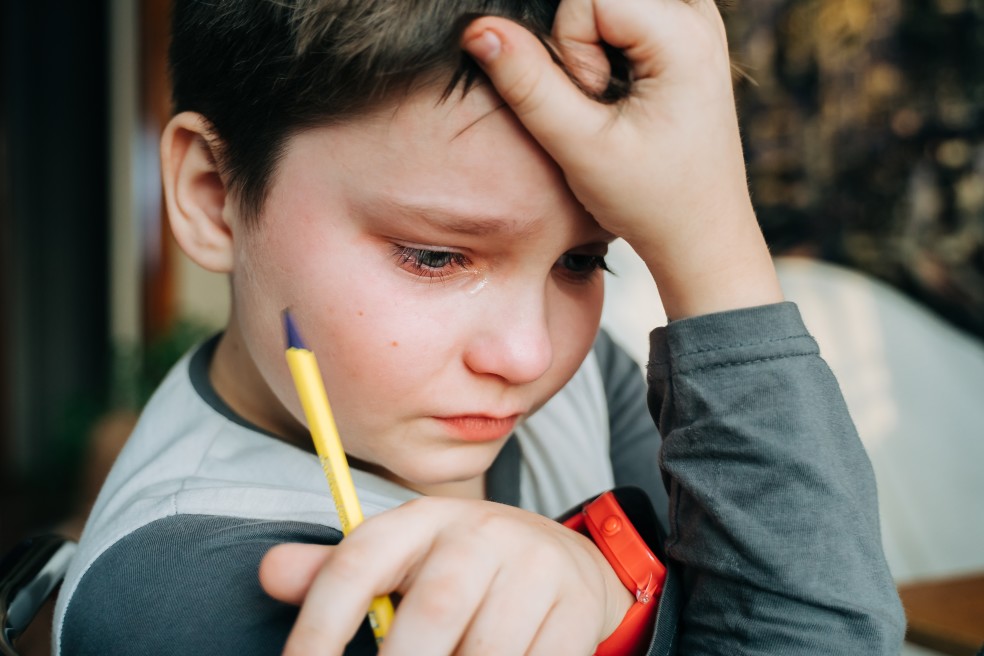
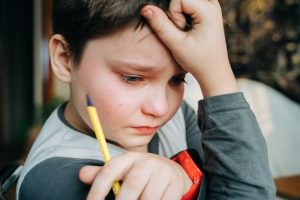 Children covered under Medicaid are twice as likely to be diagnosed with disorders such as ADHD or autism compared with those who have private insurance, a study published Wednesday by
Children covered under Medicaid are twice as likely to be diagnosed with disorders such as ADHD or autism compared with those who have private insurance, a study published Wednesday by 

